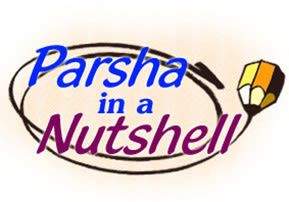
Parshat Emor
The Torah section of Emor ("Speak") begins with the special laws pertaining to the Kohanim ("priests"), the Kohen Gadol ("High Priest")...

Parshat Emor
(Vaikra 21:1-24:23)
The Torah section of Emor ("Speak") begins with the special laws pertaining to the Kohanim ("priests"), the Kohen Gadol ("High Priest"), and the Temple service: A Kohen may not become ritually impure through contact with a dead body, save on the occasion of the death of a close relative. A Kohen may not marry a divorcee or a woman with a promiscuous past; a Kohen Gadol can marry only a virgin. A Kohen with a physical deformity cannot serve in the Holy Temple, nor can a deformed animal be brought as an offering.
A newborn calf, lamb or kid must be left with its mother for seven days; one may not slaughter an animal and its offspring on the same day.
The second part of Emor lists the annual Callings of Holiness — the festivals of the Jewish calendar: The bringing of the Passover offering on Nissan 14; the seven-day Passover festival beginning Nissan 15; the bringing of the Omer offering from the first barley harvest on the 2nd day of Passover and the commencement, on that day, of the 49-day Counting of the Omer, culminating in the festival of Shavuot on the 50th day; a "remembrance of shofar blowing" on Tishrei 1; a solemn fast day on Tishrei 10; and the Sukkot festival — during which we are to dwell in huts for seven days and take the "Four Kinds" — beginning on Tishrei 15.
Emor concludes with the incident of a man executed for blasphemy, and the penalties for murder (death), and for injuring one's fellow or destroying his property (monetary compensation).
(From chabad.org)


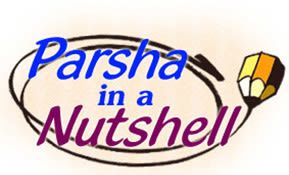
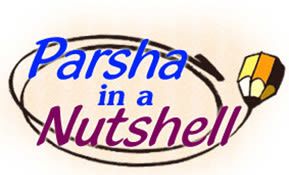
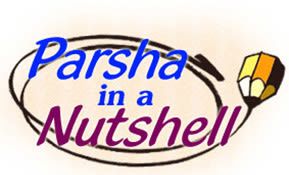
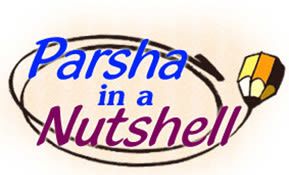
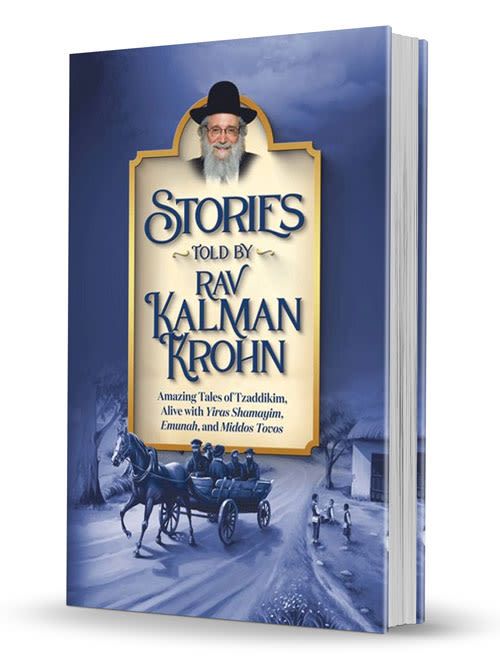
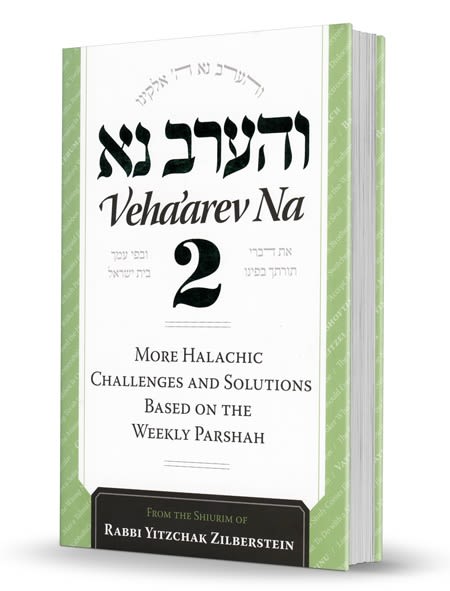
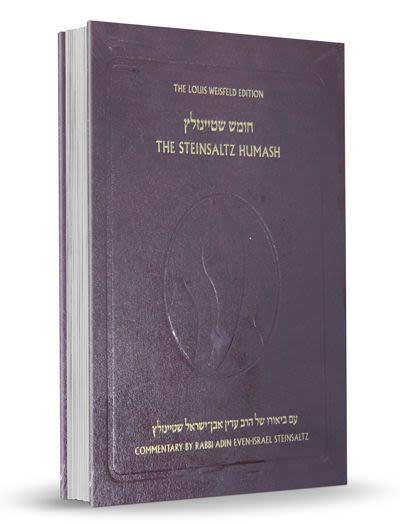
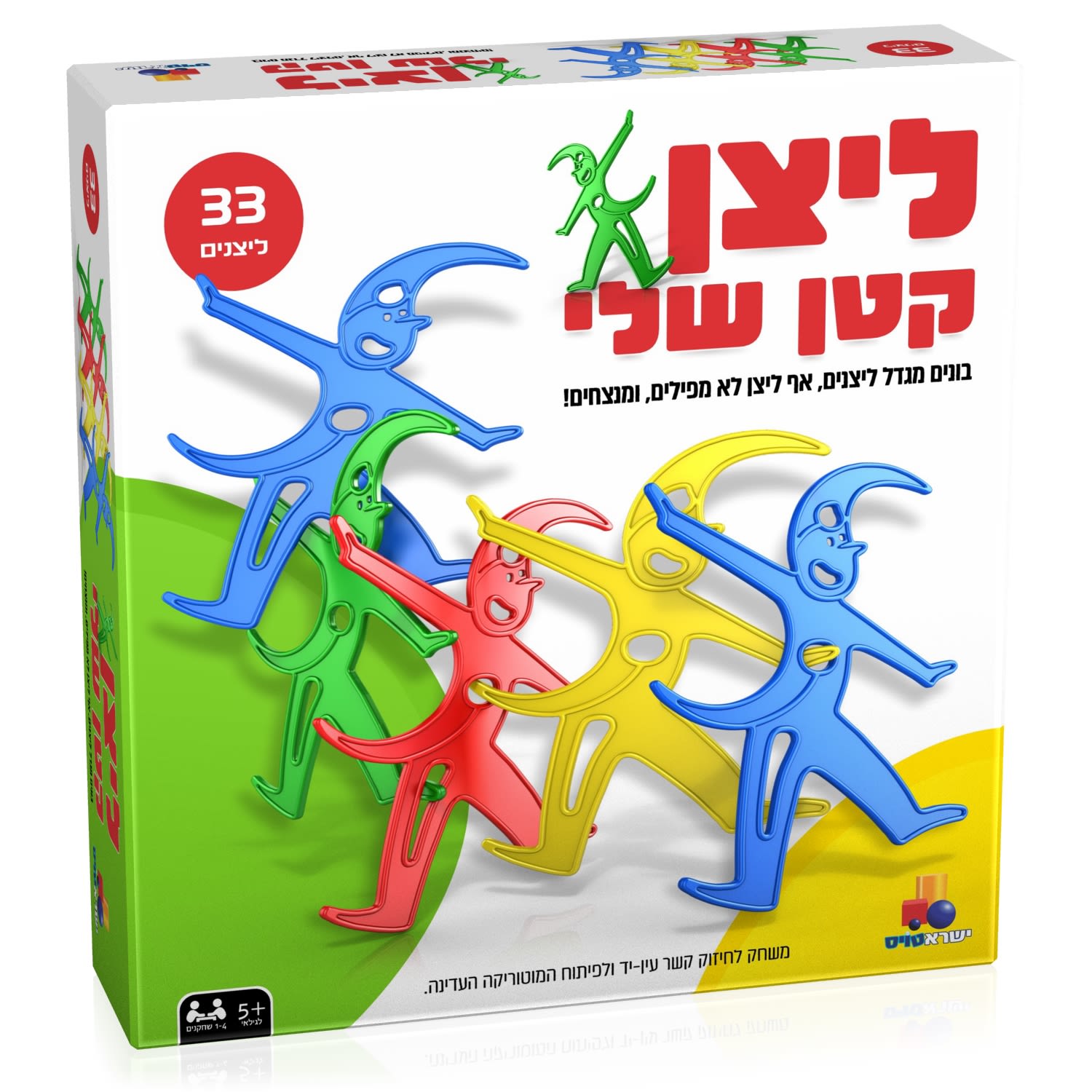
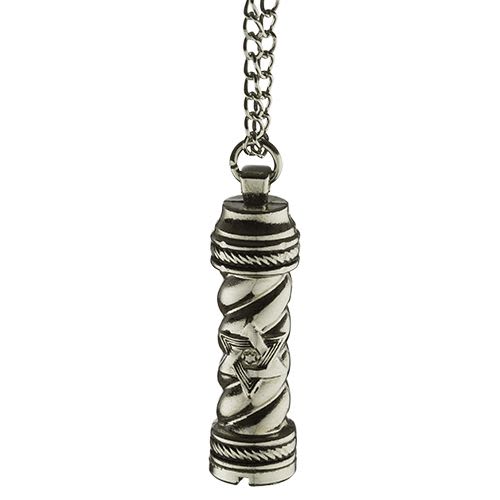

Tell us what you think!
Thank you for your comment!
It will be published after approval by the Editor.